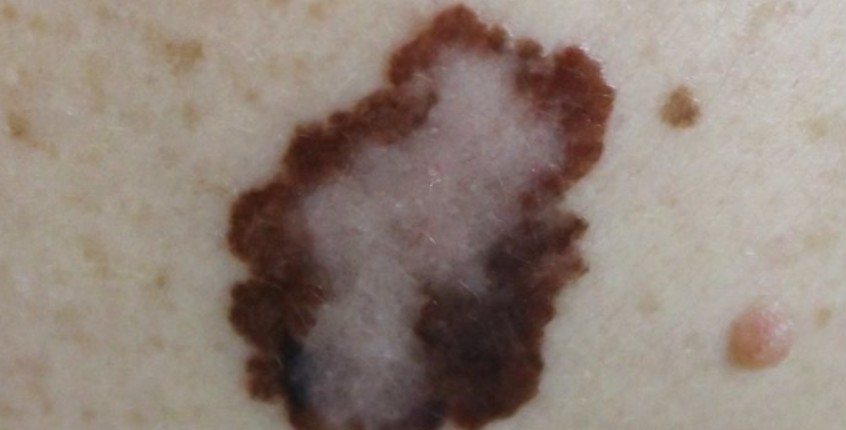Drug addiction is a serious condition that affects millions of people worldwide, impacting not only the individual but their families and communities as well. Recognizing the signs of drug addiction early on is essential in seeking timely and effective treatment. Professional addiction treatment centers, such as Surf City Detox, play a critical role in guiding individuals through the recovery process by offering comprehensive therapies and detox services to help them regain control of their lives.
Recognizing the Signs of Drug Addiction
Drug addiction manifests in both physical and behavioral changes. Identifying these signs early can be pivotal in getting individuals the help they need before addiction takes a more severe toll on their health, relationships, and quality of life.
Physical Signs of Drug Addiction
- Changes in Appearance: A person struggling with addiction may experience significant weight changes, neglect personal hygiene, or have a disheveled appearance due to the effects of the drug on the body.
- Health Issues: Chronic drug use can lead to various health problems, such as frequent headaches, nausea, excessive sweating, or tremors. Drug users may also develop long-term issues like liver damage, respiratory problems, or heart disease.
- Sleep Disturbances: Drug addiction often leads to irregular sleep patterns, including insomnia or excessive sleepiness.
- Dilated or Constricted Pupils: Many drugs, including heroin and cocaine, affect the size of the pupils, which can be a noticeable physical sign of drug use.
Behavioral Signs of Drug Addiction
- Mood Swings: Individuals using drugs often experience drastic mood changes, ranging from extreme highs to deep lows. They may become irritable, anxious, or depressed.
- Neglecting Responsibilities: Those struggling with addiction might neglect their work, school, or family duties. They may appear disengaged and uninterested in obligations that once mattered to them.
- Withdrawal from Social Circles: Drug addiction can cause individuals to isolate themselves from friends, family, and colleagues. They may hide their behavior and avoid social interactions to keep their addiction a secret.
- Secretive Behavior: Individuals with drug addiction often engage in secretive actions to conceal their drug use. This might include lying, avoiding eye contact, or being overly defensive when questioned.
If you or someone you know exhibits these signs of drug addiction, it’s crucial to seek help as soon as possible. Professional addiction treatment centers can provide the necessary support and guidance to begin the recovery process.
The Role of Professional Treatment Centers in Overcoming Addiction
Treatment at a professional addiction center, like Surf City Detox, is essential for individuals struggling with drug addiction. These centers offer structured programs that help patients detox from drugs, manage withdrawal symptoms, and address the root causes of their addiction through therapy and other support services.
Detoxification Process
The detox process is typically the first step in addiction treatment. When an individual stops using drugs, their body will experience withdrawal symptoms, which can range from mild to severe depending on the drug and level of dependence. Detoxification at a professional center ensures that patients are supervised by trained medical professionals who can manage withdrawal symptoms and provide medications to ease the process.
For example, medication-assisted treatment (MAT) may be used for opioid addiction, using medications like methadone or buprenorphine to reduce cravings and withdrawal symptoms. These treatments are carefully administered to ensure the individual’s safety and comfort during the detox phase.
Therapy and Counseling
Once detoxification is complete, therapy plays a pivotal role in addressing the emotional and psychological aspects of addiction. Professional treatment centers provide various forms of therapy, such as:
- Cognitive Behavioral Therapy (CBT): CBT helps individuals identify and change negative thought patterns that contribute to addiction. It is particularly effective in helping patients recognize triggers and develop strategies to prevent relapse.
- Dialectical Behavior Therapy (DBT): DBT focuses on teaching individuals how to manage emotions, improve interpersonal relationships, and reduce impulsive behaviors. It is beneficial for those dealing with co-occurring mental health conditions alongside addiction.
- Group Therapy: Group therapy allows individuals to connect with others going through similar experiences. Sharing stories and learning from others can help build a sense of community and reduce feelings of isolation.
- Family Therapy: Addiction affects not just the individual but also their loved ones. Family therapy helps rebuild relationships, improve communication, and create a supportive environment for recovery.
Ongoing Support and Aftercare
Recovery does not end after the initial treatment program. Professional addiction treatment centers like Surf City Detox emphasize the importance of aftercare to help individuals maintain long-term sobriety. Aftercare services may include outpatient therapy, support groups, and sober living programs, which provide continued guidance and support as individuals transition back to their daily lives.
Conclusion
Drug addiction is a complex and challenging condition, but with the right help, it is possible to overcome. Recognizing the signs of drug addiction and seeking treatment at a professional addiction treatment center is the first step toward recovery. Centers like Surf City Detox offer a comprehensive approach to addiction treatment, including detox services, therapy, and ongoing support, to help individuals reclaim their lives and build a healthy future.
If you or someone you know is struggling with addiction, don’t wait to get help. Reach out to a professional treatment center to begin the path to recovery today. For more information on addiction treatment services, visit Surf City Detox.




